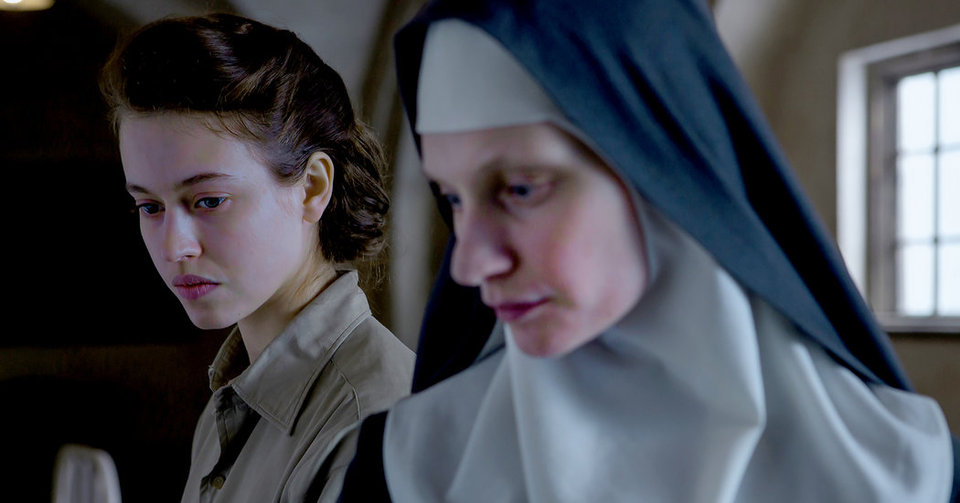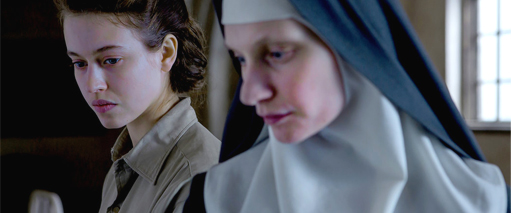Film Review: The Innocents (Les Innocentes)
Knocked-Up Nuns Make For A Thorny Historical Drama


Latest Article|September 3, 2020|Free
::Making Grown Men Cry Since 1992

